Last Updated on August 3, 2021



Nice to see you again, fans of the cinema! This is the Face-Off, where two movies enter and both movies leave, but one leaves in a slightly better light. Yes, here we take two competitors and compare their key elements and see who comes out the champion. It's a fierce competition that results in blood, tears, and online arguments, but the more brutal the battle, the sweeter the victory.
This weekend sees the release of the brand new horror movie from Oscar-winner Jordan Peele, who is following up his critically acclaimed outing GET OUT with the home invasion movie, US, which looks all sorts of evil. So far the reviews have been exceptional, hinting at another win for the filmmaker, which reminds us of some other notable horror movies of recent memory. Both of them involve families in crisis, much like in US, all while juggling insightful themes with brutal horror meant to stay with you long after the lights come in the theater (and as you leave your own on at home). These are terrifying movies made by talented filmmakers with full careers ahead of them, so prepare for the nightmarish Face-Off between THE BABADOOK and HEREDITARY.
Both movies in this segment broke out of the indie bubble thanks to incredible critical reception and positive word of mouth from horror junkies. While going about them in vastly different ways, both movies tackle similar themes about families and dealing with your inner demons, all while incorporating tried and true horror elements that can scare the hell out of any audience and leave them spines fully tingled. Also at the center of the movies are two fantastic leading performances from Toni Collette and Essie Davis, grounding these movies down in a reality that descends into a nightmare in absorbing ways. But, at the end of the day, these are simply two masterful horror movies made by talented filmmakers and leave you both with something to think about and something to fear.
However, there can only be one, and now its time to see which movies handles its demons better, and thus becomes the ultimate champion of the modern nightmare.
Essie Davis as Amelia Vanek
Noah Wiseman as Samuel Vanek
Hayley McElhinney as Claire
Barbara West as Mrs. Roach
Toni Collette as Annie Graham
Gabriel Byrne as Steve Graham
Alex Wolff as Peter Graham
Milly Shapiro as Charlie Graham
Ann Dowd as Joan
Actress-turned-director Jennifer Kent made her feature directorial debut here, and it's a confident, perfect debut to be sure. Wanting to tell a story about parenthood and facing your inner demons, Kent was inspired by movies like ROSEMARY'S BABY to craft a minimalist, somewhat bloodless, and claustrophobic horror tale that keeps the story focused on two main characters as a paranormal force tears the family apart. She does a commendable job getting the most mileage she can of the precise setting of the main house — which has a glossless, relatable aura about it that could make anyone feel like a prisoner in their own home — and just as much from the performances from actors who she pushes to their limits. While there was room to create a big, hulking CGI creature, Kent utilizes classic horror elements like shadowy, dark rooms, under-the-covers angles and other techniques that hide the main threat to wring out some haunting scares that would make anyone leave on all the lights in their home. Most impressively, she always keeps the themes of her story front and center as the horror progresses, and as Amelia descends into the hell of her emotions the activity worsens, leading to a rousing, unexpected finish. Here, Kent proves you don't need all the much to craft a horrifying experience, merely a good location, great actors, a strong script and a creepy villain, all of which can generate enough unsettling tension to shake you to the bone.
Also a newcomer to the realm of feature-length films, Ari Aster blew the doors off the industry with his debut here. From the moment the movie starts, with the visual of the treehouse seen from the window of the house (a treehouse where the movie will end), panning all the way around to insert into the miniature dollhouse, all to the low growl of Colin Stetson's score, you can tell Aster is a director of supreme visual finesse. In the span of a minute, the director sets the tone for the whole movie (one that screams "this is an evil movie") and establishes the primary locations at the same time. From there Aster doesn't toy so much with the claustrophobic feeling like Kent does, but rather finds unique ways to look at the characters and their haunted surroundings, mostly playing with warm lights and menacing shadows. This blend of intricate framing, gripping mystery, and implication of music makes for an arresting horror outing, and an equally compelling dramatic tale as well. Kent's work on BABADOOK is tremendous and I can't wait to see what else she delivers (this year's THE NIGHTENGALE), but Aster pulls out a win here for his masterful handling of a wider variety of elements, unearthing all kinds of terror, mystery, and power from even the smallest, most exact of details.
As mentioned above, Kent's script tells a story about facing the monsters in our own lives, meshing that with a tale about how parenting isn't the perfect blessing some people would have you believe it is. What makes Kent's work here so great is that while that story may not be relatable to everyone, she makes the struggles of both Amelia and Samuel so engaging, realistic and raw that you can't but sympathize with them. You have Amelia, a widowed mother still unable to fully cope with the death of her husband years before, totally exhausted by the strains of raising Sam, a precocious child who is afraid of the monsters under his bed, and then takes it a step further by crafting a clever toy to fight back against said demon. She takes the raising of her son day by day, coming to terms with the idea he may not be the most normal boy, all before succumbing to her darker impulses and lashing out at the child, who by this point has perhaps become the voice of reason. Of course, there are the demonic elements at play that make this take on parenting one for the books, made all the more palpable (and scary) thanks to the Kent's honest, unflinching look into this troubled family of two. Peppered in are bits of black humor and shocking twists as the story escalates these characters' journeys to surprising places, making their ultimate triumph as rewarding as it is a little fucked.
Aster is also dealing with some heavy elements here, mainly the nature of mental health issues and how we pass certain demons and afflictions down through the generations. How Aster handles them in his script is equally as compelling and nightmarish as Kent does in hers, taking honest, uncomprimsing ideas and wrapping it in a story about devil worship and all things evil. While his work doesn't have the ferocity of Kent's, he makes up for it by crafting a world rich in unsettling history, lacing in details about the grandmother and using those small details to cobble together a mystery that drives Annie down into the depths of maddness. That may mean the story could move a bit slow at times, but on paper that makes for a compelling drama that becomes a seat-clenching horror movie on screen. Like BABABOODK, HEREDITARY's story has some interesting character work, more sublte than the former, but still very clear with each family member having defined roles and personalites. Again, what this movie's script lacks in raw emotion of BABADOOK it makes up for in mystery and roots in menacing lore.
Essie Davis may not be the household name Toni Collette is, but she certainly should be after her tremendous performance as a mother trying to raise her son alone in THE BABADOOK. She crafts an entire arc for the character of Amelia that takes her from sweet, reserved and stressed mother of one to an especially imaginative and hyperactive little boy to an emotioanlly drained woman falling victim to malicious deeds that eventually turn her into a rage monster who cannot repress her dark impulses any longer. A story about being a single parent, trying to confront a troubled past and face off the monsters inside you, BABADOOK is a movie that requires the leading character to give it her all, and Davis executes Amelia's journey to hell and back with as much nuance and empathy as she does visceral, raw power. Towards the end when she goes unhinged she doesn't skip a beat and completely erases the quiet woman we met in the beginning, and while in a mainstream horror movie this would turn her into a villain, her arc is so fascinating and her character so easy to sympathisize with we want her to triumph. That's as much a testament to the writing as it is Davis' work, as she can make you terrified of her one moment and have you rooting for her the next. It's a commanding performance that doesn't get near enough praise, and no matter your opinion on the movie there's no denying the absolute masterwork that is Davis' work here.
Ah, Toni Collette. When the history books of 2018 in film are written down it will be on her work that makes the pages of some of the performances from any actor that year. This is the uber-talented actress at her very best, and holds the entire wieght of the movie on her shoulders. So much of why this movie is as deeply unsettling as it is is because we travel with her down her decent into relentless paranoia, anger, fear and so much else. She starts off by revealing her own guilt and emotional baggage over her mom's death (even if there is a bit of indifference), and as weirder and tragic events begin to unfold the traces of her mental illness come roaring forward as she tries to cope and figure out what the hell is going on. There is a flurry of emotions coming out of her performance, to pure, unbridled rage (dinner scene), gut-wrenching saddness (Charlie's death), blunt honesty (her nightmare involving Peter) and genuine maddness (her final moments). It is the definition of a tour de force performance, and one that narrowly gets the victory here given how layered Collette's work can be in a single scene, evolving her character right in front of your eyes in impactful ways. Her lack of any awards attention is a massive stain on that entire section of the industry. But you JoBlo readers knew what was up.
Bits:
Problem Child’s Invention
Tension at the Park
Mister Babadook’s Book
Private Time Interrupted
Glass in the Soup
Catatonic Child
Shoved Out of the Treehouse
Seizure in the Car
One Evil Pop-Up Book
Babadook Calls
Babadook Across the Street
Babadook in the Room
Car Ride From Hell
The Babadook in the House
Dog Down and Tooth Rip!
Mother on the Rampage
Black Vomit
Tossed Around the House
Living With the Monsters
Lines:
The Babadook: " Ba-ba-ba… dook! Dook! DOOOOOKH!"
—–
Amelia: "You are nothing. You're nothing! This is my house! You are trespassing in my house! If you touch my son again, I'll fucking kill you!"
—–
Sam: "DON'T LET IT IN! DON'T LET IT IN"
—–
Amelia: "You're hungry? Then why don't you go eat shit!"
—–
The Babadook: "You can bring me the boy. "
—–
Samuel: "DO YOU WANT TO DIE?"
—–
Amelia: "You little pig. Six years old and you're still wetting yourself. You don't know how many times I wished it was you, not him, that died."
—–
Sam: "You can't get rid of the Babadook"
—–
Prue: "I'm Prue and this is Warren. How are you?"
Samuel: "I'm a bit tired from the drugs Mom gave me…"
Bits:
Into the Dollhouse
Seeing Grandma in the Dark
Pigeon Head
Annie’s First Meeting
Charlie’s Accident
Discovering Charlie
Mouth Clicks in the Dark
Outburst at Dinner
Seance
Annie’s Nightmare
The Family Seance
Peter Bashes His Face In
Charlie Returns
Joanie’s Ritual
Grandma's Body
Stephen Set Ablaze
Annie in the Shadows
Mommy Attacks
Naked Invaders
Mommy Saws Her Head Off
All Hail, Paimon
Lines:
Annie: "I never wanted to be your mother."
—–
Annie: "Don't you swear at me you little shit! Don't you ever raise your voice at me I am your mother! You understand? All I do is worry and slave and defend you, and all I get back is that fucking face on your face!"
—–
Charlie: "Who's gonna take care of me?"
Annie: "Uh, excuse me? You don't think I'm gonna take care of you?"
Charlie: "But when you die?"
—–
Joan: "Peter! I expel you!"
—–
In terms of genuine terror, there's plenty BABADOOK has going for it that can shake you to your core and perhaps make you leave the light on for several nights straight. Nipping the obvious in the bud, there's the title monster himself, Mister Babadook, whose gaunt, pale, black-cloaked visual — accompanied by the sounds and presence of insects — is deeply unnerving and is enough to inspire both a renewed fear of the dark and an urge in goth girls to write unsettling stories of erotica (yes, it's out there). More terrifying than the man-creature in the top hat is the effect he has on both Amelia and Sam, the former being slowly taken over and driven to deeply psychotic lengths, while the latter becomes the most unhinged problem child you're likely to see. Kent progresses the terror slowly but effectively by never straying from the escalating manic behavior of the two leads, while the lingering presence of the Babadook adds that demonic, horror story element to make for a melting pot of pure, unrelenting terror. Come the climax the movie is going places with the scares that you wouldn't think it would, like a mom coming very close to killing her own son, which is all made worse because the excellent character development has connected us with them the whole way. BABADOOK achieves all of the above with little to no gore and purely through tone, atmosphere, music, and terrific performances and writing. Gives me the willies all over again.
HEREDITARY is a horror movie through and through, but audiences should not expect to be getting scares every minute with this one, nor should they expect lanky, cloaked demons. Aster's movie is all about the mood and drives that point home early on by establishing that underlying, constant sense of dread and mystery with a spine-tingling, jarring score by Colin Stetson. As mentioned above, Aster frames the characters and scenery in certain ways that makes the disconnect between this family seem like the result of some truly sinister shit. Charlie has her own quirks and tics that are undoubtedly odd and creepy, and while not stating much until the end there's always a peppering of that satanic activity going on, especially when talk of the grandmother comes into play. The unsettling, down right evil nature of the movie comes from letting the score work it's malicious magic on you and making you ride with the lead character intto the depths of insanity and leaves you trapped there when the truly fucked up shit starts to happen. And sure, the ending may not be everyone's favorite part, but the 10-15 minutes before it are certainly worth the price of admission alone. That is, if you like to have paid good money to have nightmares.
Jed Kurzel's work is a perfectly taut, freaky piece of music that hits all the right notes, some more effective than others. There are some unsettling sounds to come out of smaller moments, like when Amelia is reading Sam the Babadook book at night, which are nicely juxtaposed with the more vicious, frightening scenes, like during the finale and the scene with the Babadook outside the car. However, though it is a good score for sure I can't really say it stands out to me above some of similar horror movie scores – with its more memorable pieces heavy on the strings. It's undoubtedly creepy, but when compared to the work of the composer in the next category, it can't help but feel like a step down.
Good god, this score from Colin Stetson. His work here is a testament to the fact that music can make or break a movie, and his movie is the absolute cherry on top of this nightmarish sundae. Seemingly never letting up, the score is given immense weight when placed over dialogueless scenes where we as an audience have to simply sit in a room, car, classroom or anywhere else and confront the evil within. There's a low, heavy sound to the score's more unnerving pieces, with Stetson never favoring more than a few instruments to craft a simple yet horrifying sound that's drawn out across scenes and take root. There's no room for vicious, quick, string-heavy orchestrations that bombard the audience (sans, perhaps, the more climactic final moments) as the score compliments the all-about-mood approach with measured, blunt sounds. Simply put, this is the last piece of music I want anyone playing in the middle of the night, no matter where I am, because it hints at something evil lurking somewhere nearby. If this music comes on, I'm leaving the fucking area.
There are a lot of complex themes at play in this fresh take on the psychological haunted house movie, such as dealing with grief, rage and your past, but the two I have referenced and admire the most are the exploration of parenthood and living with your own monsters. The whole movie hinges on the dynamic between Amelia and Sam, the former harboring some mild (and then not so mild) resentment towards her son for coming into the world on the day her husband left it, and the latter angry and upset over not being able to know his father. Then in comes The Babadook, a relentless, fancily dressed monster meant to heighten those animosities and have them clash with one another to vicious results. It's through Amelia, as the central character, that we get this story of the darker side of being a parent, let alone a single one, as every day is a struggle to understand and handle her son. While she tries so hard she can't help but become exhausted and internalize a certain level of rage, which when it bubbles over as she spirals down into mania is terrifying even without Mr. Babadook around. Thanks to a lean and mean (often very mean) script and direction from Kent and a commanding central performance from Davis these themes are very present and drive the core of the movie towards meaningful conclusions about not being able to completely rid yourself of the monsters within, but can only live with and manage them.
There's a lot to unpackage in HEREDITARY, but the most profound of themes is the exploration of mental illness and how it permiates down through generations in all sorts of ways. Like in BABADOOK, this makes for a perfect added layer of depth for the story and finds its lead character, Annie, delving deeper into the madness that has always resided in her. This causes her to explore her own past and struggle with rooting it out so it doesn't harm her own childen, the future of her family. In the end, she ends up succumbing to the nightmares within, and the ending certainly doesn't give any answers, and leaves things ambigious with a jarring finale. Sure, that jarring finale is also a little head-scratchig, as the themes may get a bit lost in the horror spectacle and end on an open-ended note, perhaps hinting that there really is no use fighting the demons we all carry with us down the road. That's fucked up for sure, and can really hit home if you can look past the execution of the complex material being somewhat muddled by horror movie trappings (even if they are excellently handled)
Awards:
Winner:
- Best Horror Movie
Nominee:
- Best Actress – Essie Davis
**56 Wins & 61 Nominations per IMDb**
Praise:
Rotten Tomatoes: 98% (72% Audience Score)
Metacritic: 86 (8.3 Audience)
$964,000 ($10 million globally)
Awards:
Winner:
- Best Actress – Toni Collette
Nominee:
- Best Horror Movie
- Biggest Surprise
- Trippiest Movie of the Year
**31 Wins & 79 Nominations per IMDb**
Praise:
Rotten Tomatoes: 89% (64% Audience Score)
Metacritic: 87 (7.4 Audience)
$44 million ($79 million globally)
As I said in the opening, these are two undeniable masterpieces of the genre, both as profound as they are terrifying. THE BABADOOK has more scares for your buck and handles its compelling themes with a clear vision from Kent and a tremendous performance from Davis. The end result is an enriching horror story that gets better and better with each viewing, and thus more frightening. But the prize goes to HEREDITARY, which also boasts a show-stopping performance at the center from Collette, and also deals with weighty themes in menacing ways. If HEREDITARY wins over BABADOOK its because everything else comes together with more impact, namely thanks to superb direction and writing from Aster and a horror score for the ages from Stetson. From the opening seconds to the final moments the movie is an unrelenting descent into madness and evil, and one that's expertly shot and performed from a talented ensemble that makes this as much an absorbing family drama as it is a hellish exposition of terror. In short, think twice about watching this movie late at night, and certainly don't watch it with your family over dinner.


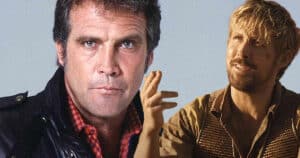
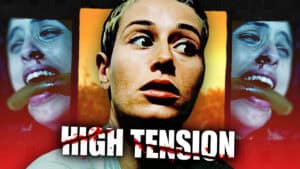
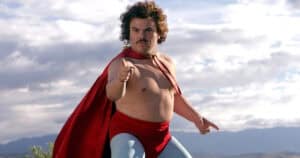
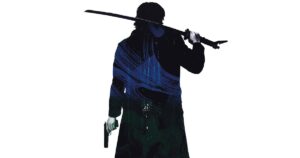
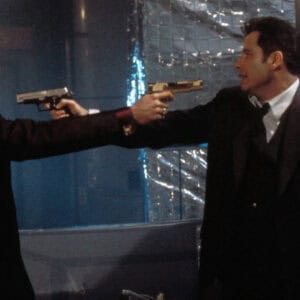

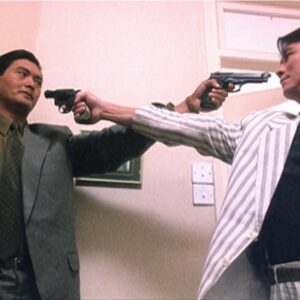

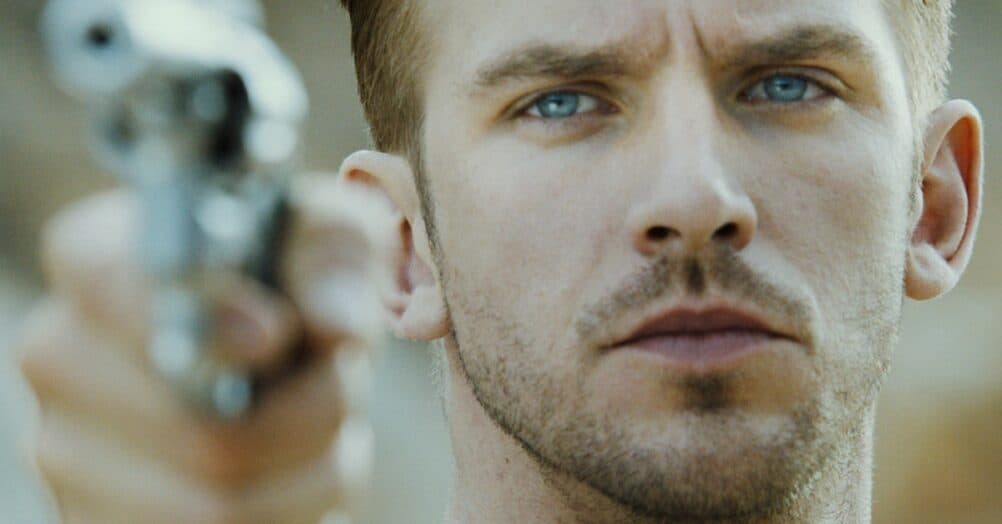
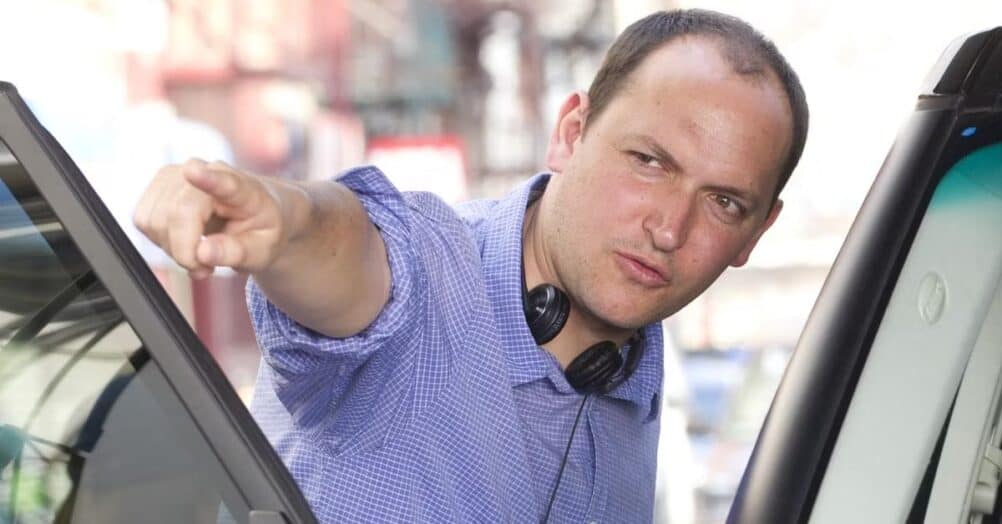
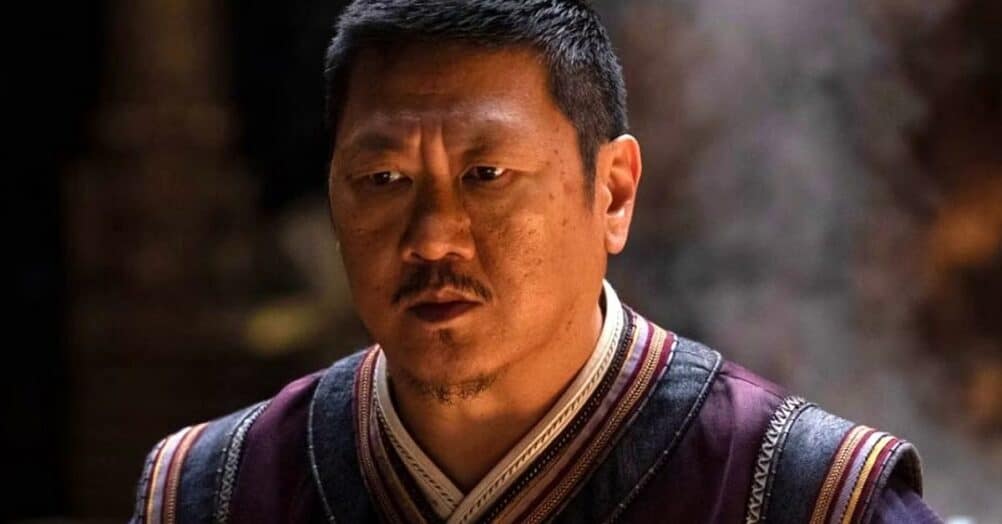
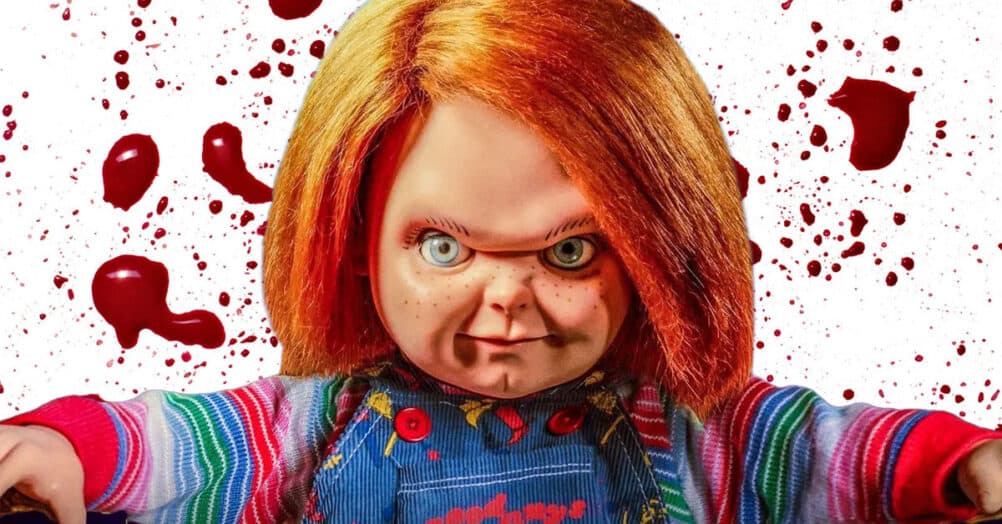
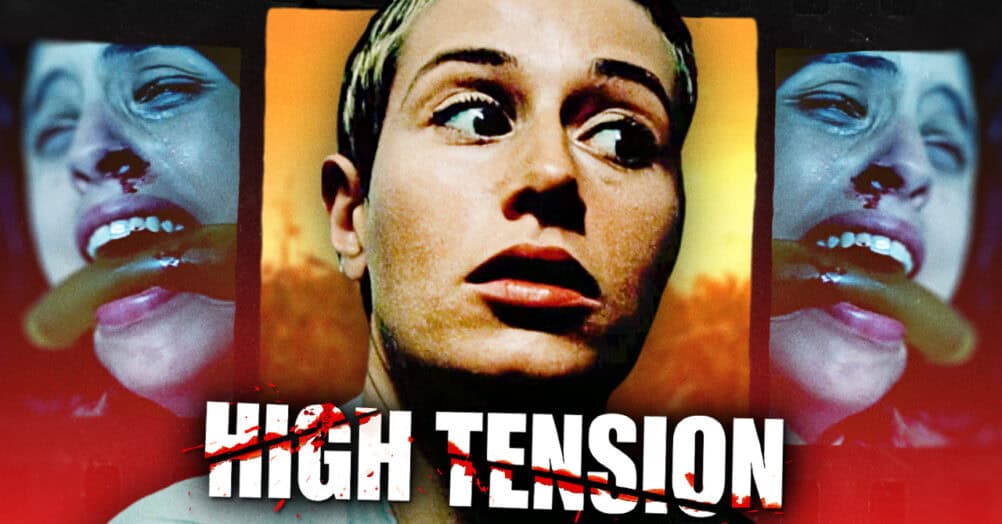
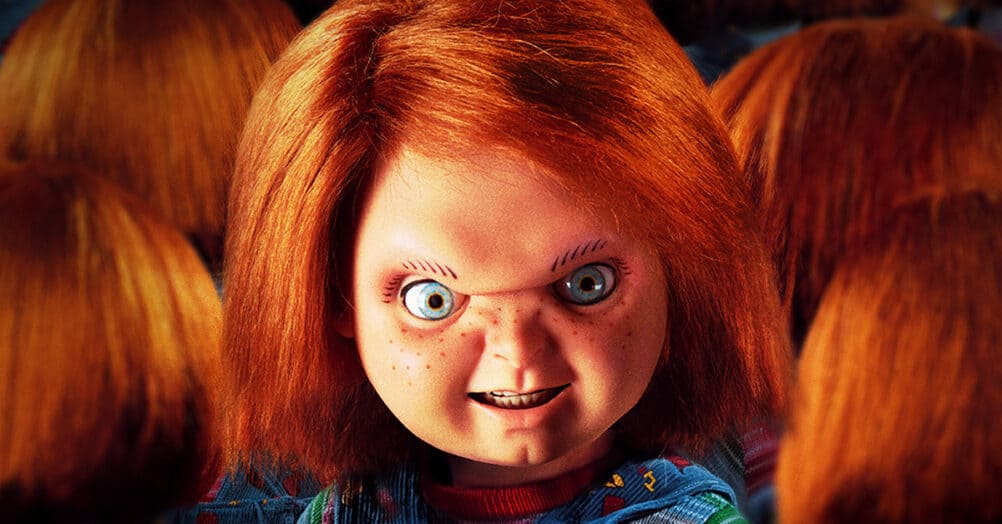
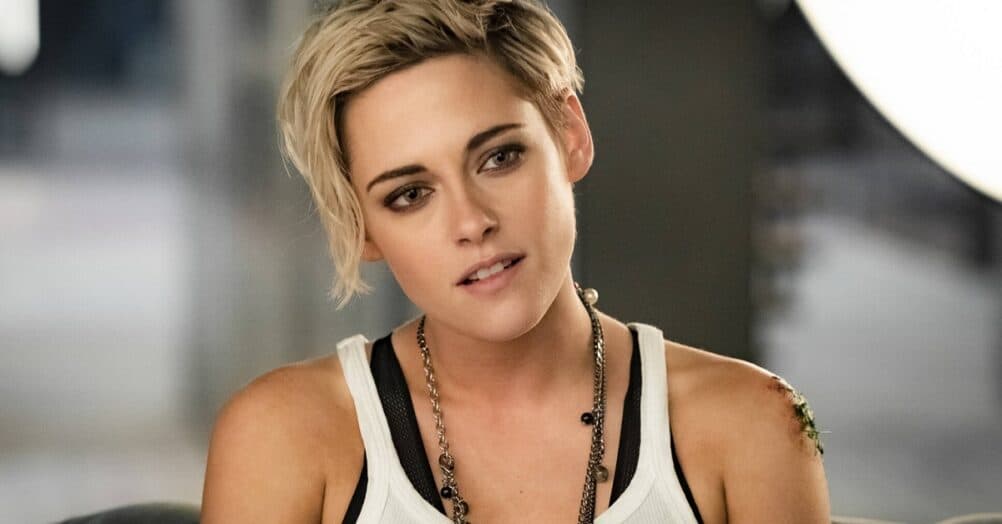
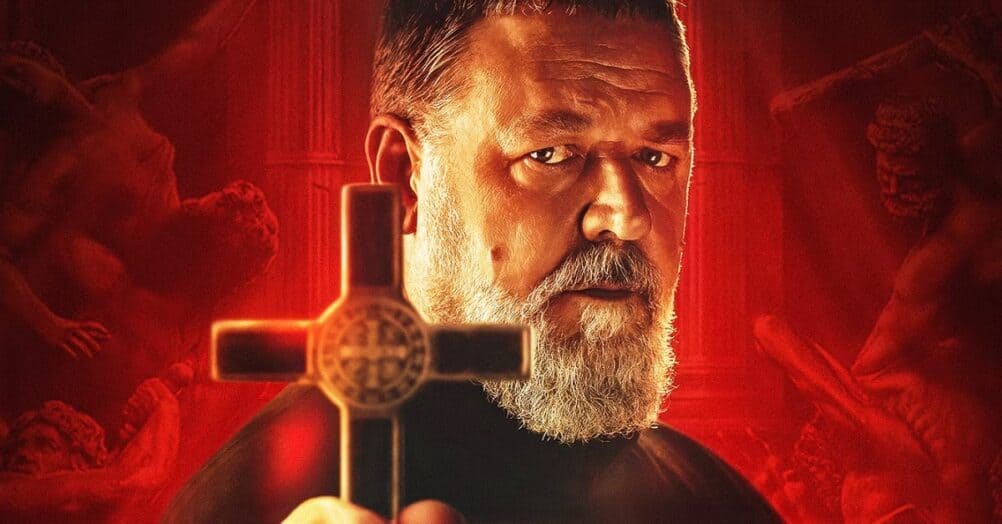
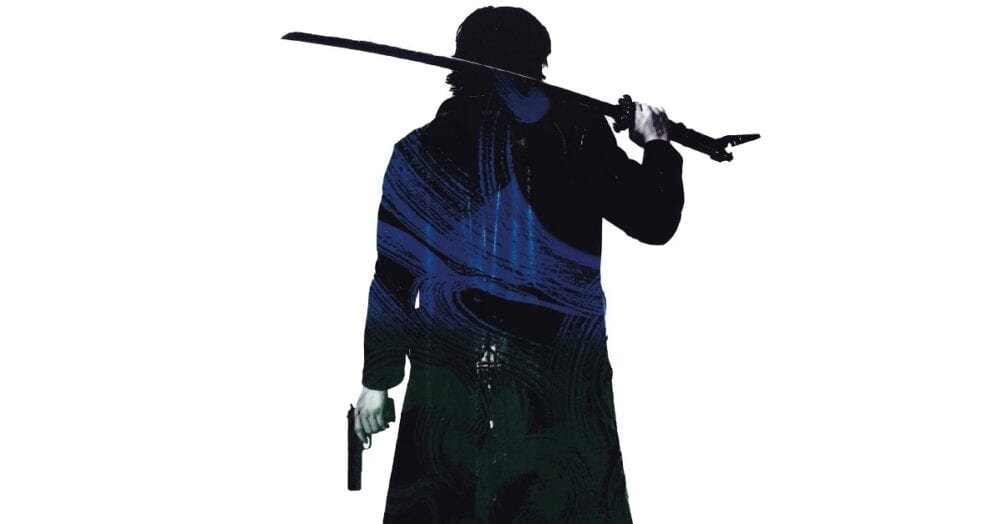
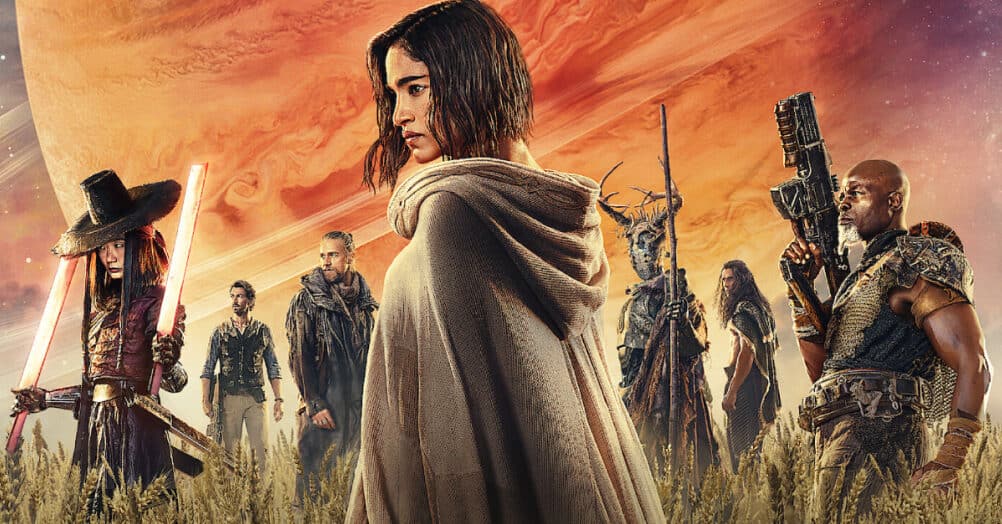
Follow the JOBLO MOVIE NETWORK
Follow us on YOUTUBE
Follow ARROW IN THE HEAD
Follow AITH on YOUTUBE